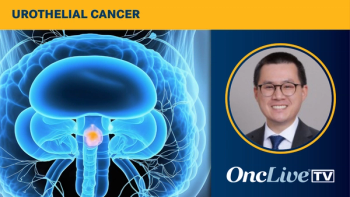
Management of Oncology Care in Urology Practices
In the last decade, there has been a rapid expansion in the number of oncolytic therapies and a consolidation of independent urology practices with an ever-growing number of large groups forming in urban settings across the United States. As a result, the urologic practice community has become more involved in the treatment of advanced cancer patients.
Addressing the larger issue of urology practice management, the panel discusses how urology practice models may affect patient care. Panelists E. David Crawford, MD, and Mark S. Austenfeld, MD, agree that a multidisciplinary approach is needed that incorporates medical oncology, radiation oncology, pathology, and imaging in addition to specialized centers for bone health and infusions.
Neal D. Shore, MD, believes a large urology groups in the community may follow the multidisciplinary academic models as describe by Crawford and Austenfeld, but practice size allows these groups to be more facile and nimble in understanding new therapeutics, especially in oncology and urology. Paul R. Sieber, MD, adds that as urology practices grow and new specialties are added the biggest challenge is providing uniform care across the entire practice.






































